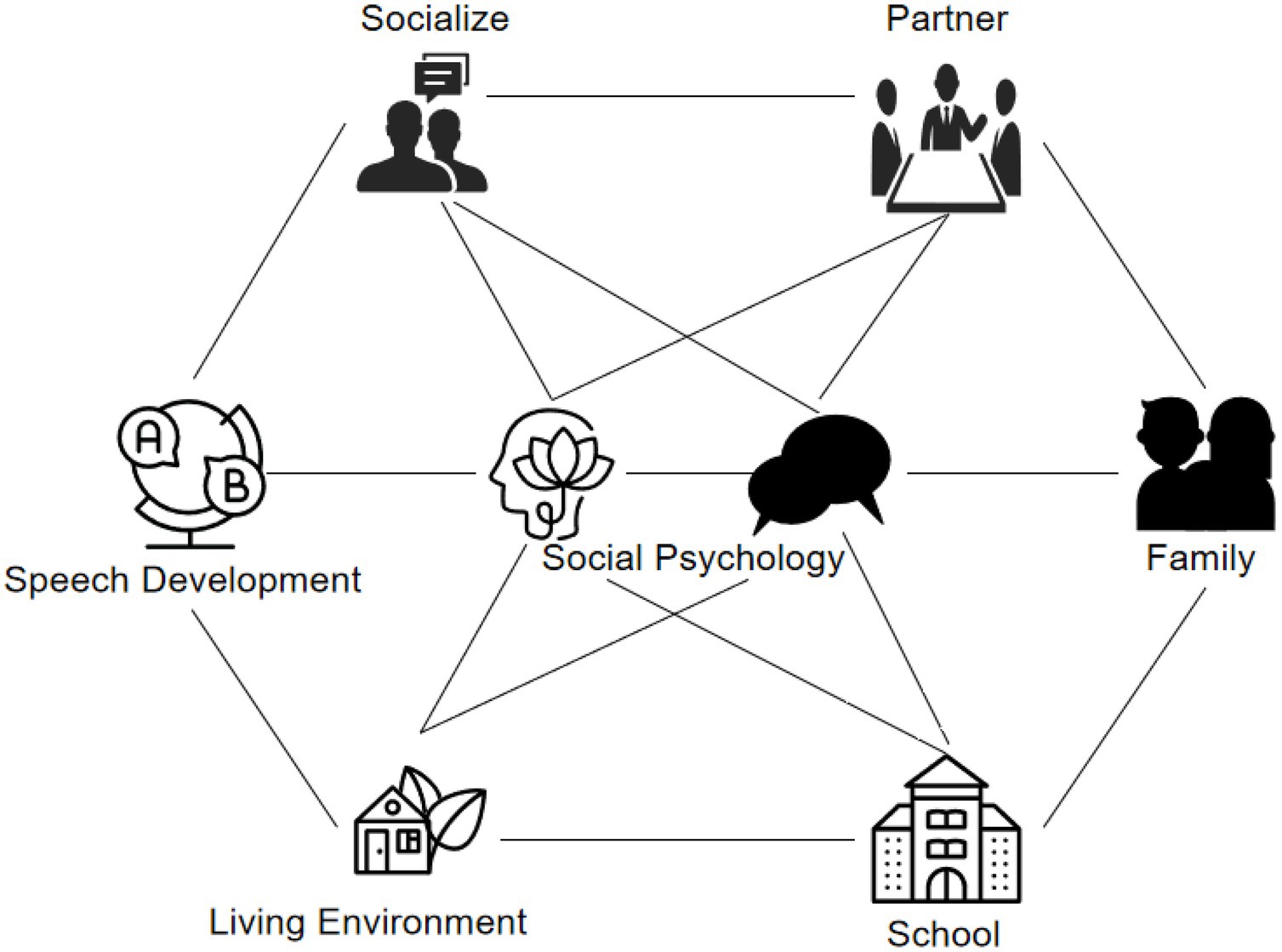Starting a Home Psychology Practice with Low Investment
Starting a Home Psychology Practice with Low Investment
Blog Article
Why Open a Psychology Practice
For those passionate about psychology, having your own office is both fulfilling and empowering.
Over time, your client base can expand through referrals and reputation, providing long-term stability.
This autonomy boosts professional satisfaction and enhances the therapeutic relationship with clients.
What’s the Investment for a Psychology Practice
For a home-based or online practice, initial expenses may be lower, focusing mainly on software.
Technology like scheduling software and secure video platforms is essential if offering teletherapy.
Starting small can reduce upfront costs: some psychologists begin with shared office spaces or part-time leases.

Building a Therapy Practice from Home
A home-based psychology practice offers convenience and lower overhead. To start, choose a room that provides comfort for sessions.
You might need a business license even if operating from home.
Technology is crucial for a home practice: invest in reliable internet, video platforms, and secure client management software.
Creating a Cognitive Psychology Practice
Launching a cognitive psychology practice requires specific resources aligned with cognitive-behavioral therapy methods. You’ll need visual aids that support structured interventions.
Offering specialized services like CBT for children can help differentiate your practice in the market.
Use website content, blogs, and presentations to educate potential clients on CBT’s benefits.
How to Set Up an Online Psychology Practice
An clique aqui e saiba mais online psychology practice opens opportunities to reach clients beyond your local area. First, select a secure, HIPAA-compliant video platform for teletherapy.
Ensure your liability insurance covers telehealth services.
Marketing an online practice may focus on SEO-optimized content, social media, and online directories.

How to Set Up a Social Psychology Practice
Equip your office with resources for group sessions, educational workshops, and social skills training.
Collaborate with local leaders to identify key needs and tailor services accordingly.
Sharing success stories or partnerships on social media reinforces your practice’s mission and attracts collaborative opportunities.
How to Grow a Psychology Practice Effectively
A successful psychology practice balances clinical excellence with business strategy. Beyond clinical skills, you’ll need to manage finances.
Consistent communication through blogs, newsletters, or workshops positions you as an expert in your niche.
Lastly, practicing self-care ensures sustainability so you can continue serving clients effectively over time.
Is Setting Up a Psychology Practice Right for You?
In conclusion, building a therapy practice is both an exciting and challenging journey.
Remember, a thriving practice balances personal wellness.
If you’re ready to start building, start small, stay focused, and seek mentorship when needed.
Frequently Asked Questions for New Psychologists
How much does it cost to open a psychology practice?
The cost ranges widely depending on location, size, and services. On average, setting up a small office may cost between $5,000 and $20,000, covering furniture, licenses, insurance, and marketing.
Can I open a psychology practice at home?
Yes, many psychologists operate home practices, but check local zoning and licensing rules first.
Do I need special software for an online psychology practice?
Running an online practice requires secure, HIPAA-compliant video platforms and electronic records systems.
How can I attract clients to my psychology practice?
Effective strategies include networking with other professionals, listing in therapy directories, creating a website, and offering workshops.
Do I need a business plan for my psychology practice?
Yes, a business plan outlines your vision, target audience, budget, and growth strategy.
Report this page